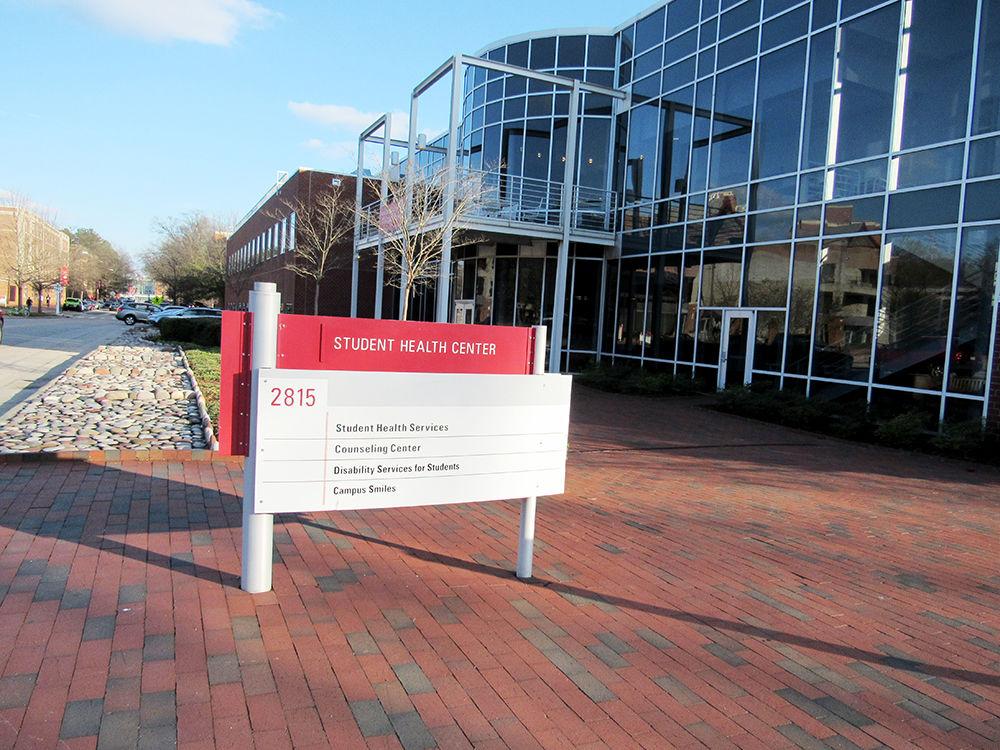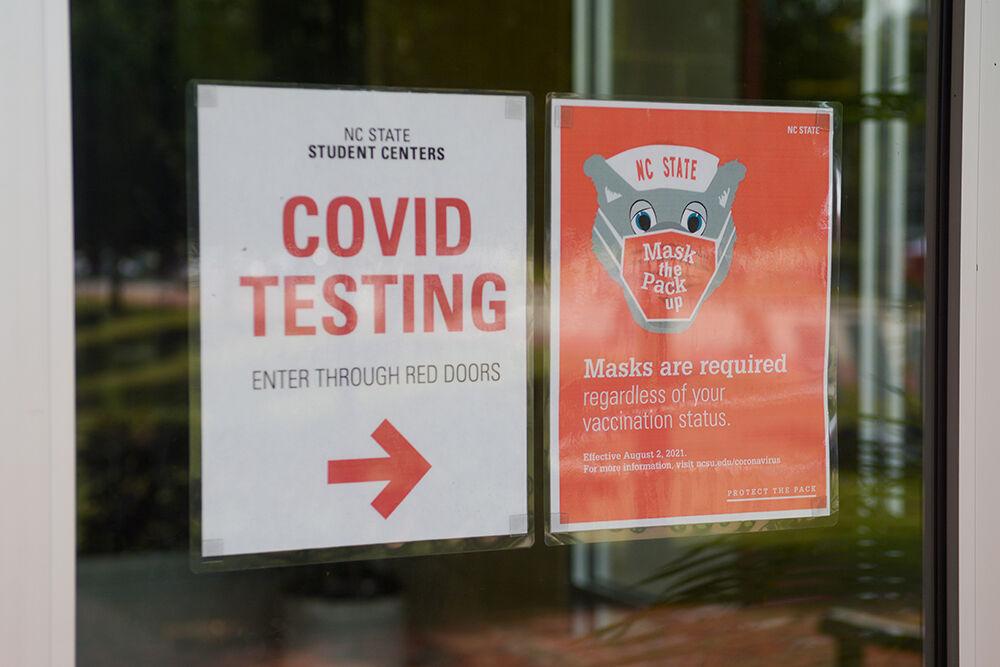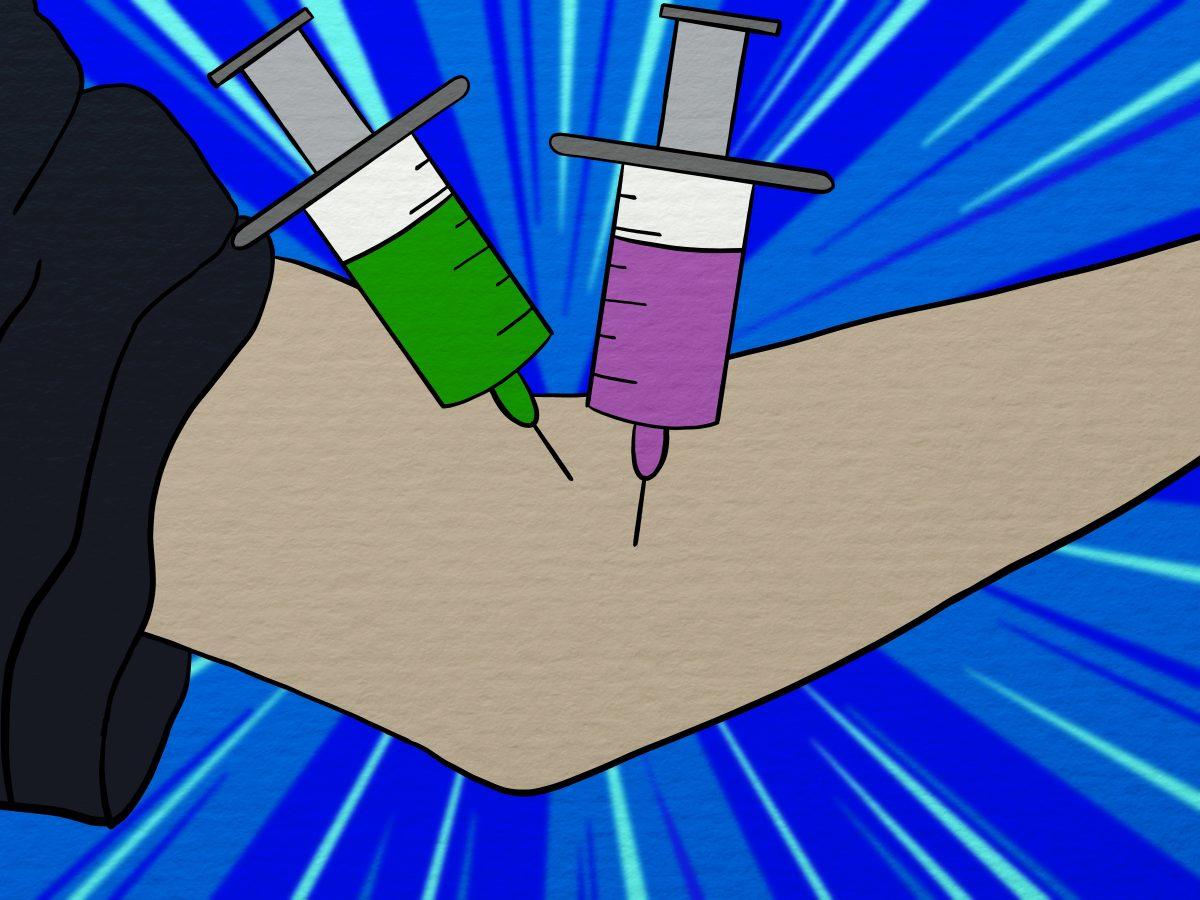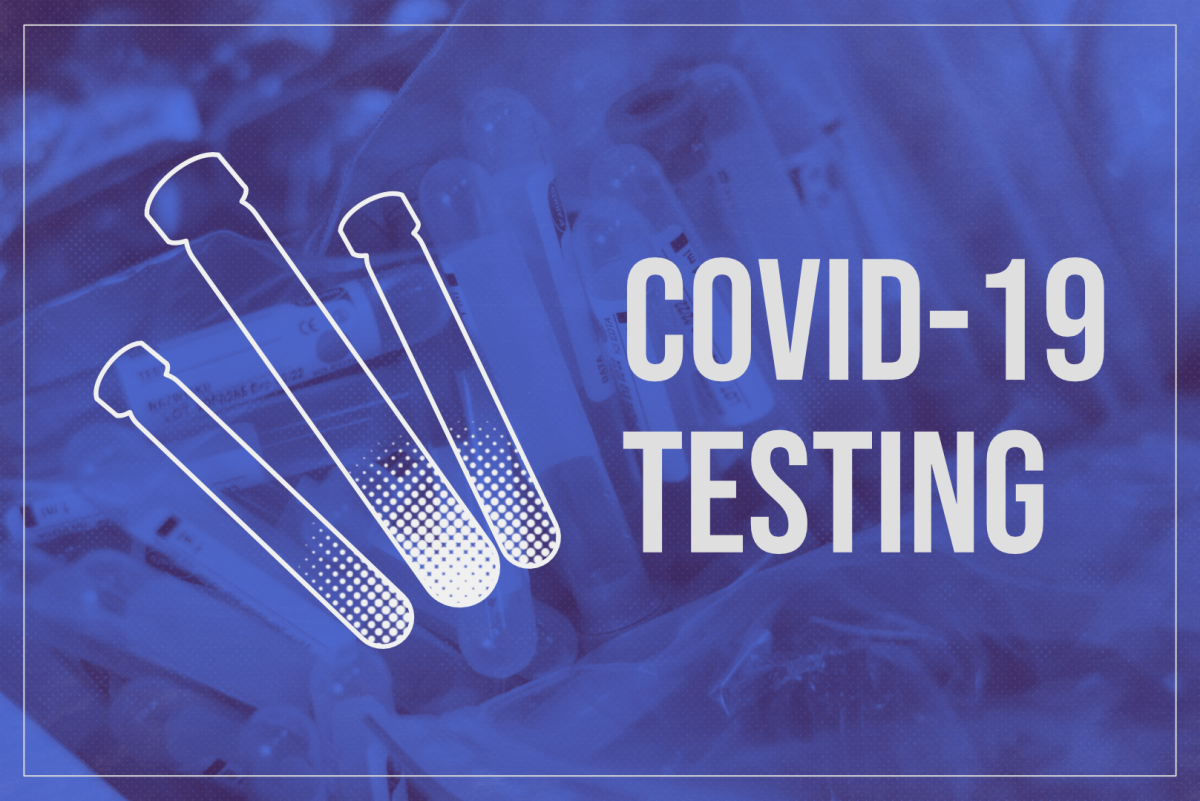Student Health Services began testing volunteer participants for COVID-19 for the new Wolfpack Surveillance Program on Monday, Aug, 17. According to Dr. Julie Casani, Director and Medial Director of Student Health Services, a cross section of 300 students, 100 faculty members, and 100 staff members were recruited and desired for the program.
According to Casani, the program focuses on asymptomatic individuals and aims to accurately illustrate the scope of COVID-19 infections on campus, which cannot be done when relying solely on the number of symptomatic cases.
Participating individuals will be tested for the SARS-CoV-2 virus, which causes COVID-19, every two weeks with a standing appointment at Student Health Services. The program is expected to last approximately 10 weeks, or five testing cycles.
“One of the scariest things is knowing that there are asymptomatic people,” Casani said. “So, this gives us a sense of what is that level on campus.”
As the semester continues, results from the program will be used to guide administrative decisions, such as a potential shift to online-only education, according to Casani.
“We are doing some kind of surveillance and watching of populations we feel may be a little bit more at risk than other populations: food servers in the dining hall, faculty that are teaching laboratories, who have to be close to students, those kinds [of people],” Casani said.
While only 500 spaces were available, over 800 individuals applied to be a part of the program. Those who applied to be a part of the program, but were not chosen to participate have been placed on a waitlist and may be asked to participate at a later date.
Each time a participant is tested, they will be asked to complete a brief questionnaire about any potential symptoms they may be experiencing.
Student Health Services provides tests and supplies for the program, which is of no cost to participants.
Participants should expect results within three to four days of being tested. Overall data will be provided to university leadership, but will not contain any identifying information.
Currently, applications for the program are closed. However, interested parties may have another opportunity to apply through the Google interest form in the future.













